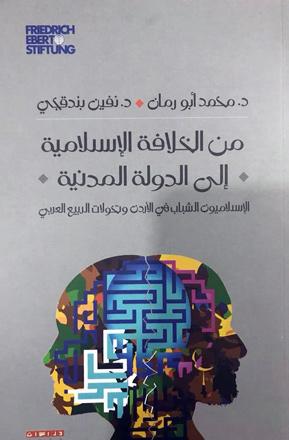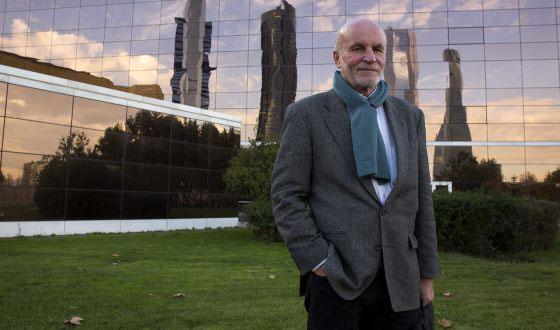You are here
Book addresses Islamist youth’s ideological changes after Arab Spring
By Sawsan Tabazah - Jun 30,2018 - Last updated at Jun 30,2018

AMMAN — The Arab Spring and the internal disputes inside the Muslim Brotherhood organisation have brought about ideological changes to the concept of “civil state” among young Jordanian Islamists, a book launched on Thursday found.
The book by Neven Bondokji and Mohammad Abu Rumman explores the ideas of youth in the Islamist movement in Jordan on issues such as separating Daawa (inviting and calling people to understand Islam) from politics, democracy, women’s rights, minorities’ rights and public freedoms.
“From Caliphate to Civil Society: The young face of political Islam in Jordan after the Arab Spring” is Friedrich Ebert Stiftung (FES)’s latest book in its series on Political Islam, which the institution started publishing in 2009 and includes 16 books, FES Resident Director Tim Petchulat said.
“Since political Islam has an influence on Arab and Muslim societies, understanding its developments and the debates within the movement are crucial to understand Arab and Muslim societies and ,therefore, it is important to all those who work in governments and civil society organisations in the region,” Petchulat said.
During a Q&A session, MP Dima Tahboub questioned the validity of the debate around youth rather than the party as a whole, which “represents all its members without any gender or age bias”.
“In the Arab world, youth are the future leaders, they are the ones who went out on demonstrations and called for reforms, so the book aimed at looking at the effect the Arab Spring left on the ideologies of Islamist youth in Jordan,” the co-author Abu Rumman said in response.
The book studied and analysed the discourse of resigned, expelled and current members of the Muslim Brotherhood, including members of its political wing, the Islamic Action Front, and those who split from the mother organisation and joined the National Conference Party Zamzam and the Partnership and Rescue Party, Bondokji noted.
The first three chapters of the book provide the general historical and political context and the debates that led to the emergence of the three parties.
“[In the book] we propose that there are real and deep transformations in youth’s ideologies that resulted in new convictions,” Abu Rumman said noting that the book’s timing and content are important.
The launching event was attended by Minister of Political and Parliamentary Affairs and Minister of State Musa Maaytah and leaders and members of Islamist parties.
Related Articles
The German Friedrich-Ebert-Stiftung (FES) in Amman will launch the newest publication in its Political Islam Series titled “I Am a Salafi. A Study of the Actual and Imagined Identities of Salafis” written by Mohammad Abu Rumman on Wednesday.
AMMAN — A book highlighting the main challenges faced by Jordan and the WANA region was launched on Thursday by the West Asia-North Africa (
AMMAN — “Never in our recent history [has] the gap between the politically correct discourse about political Islam in France and in the Arab

















